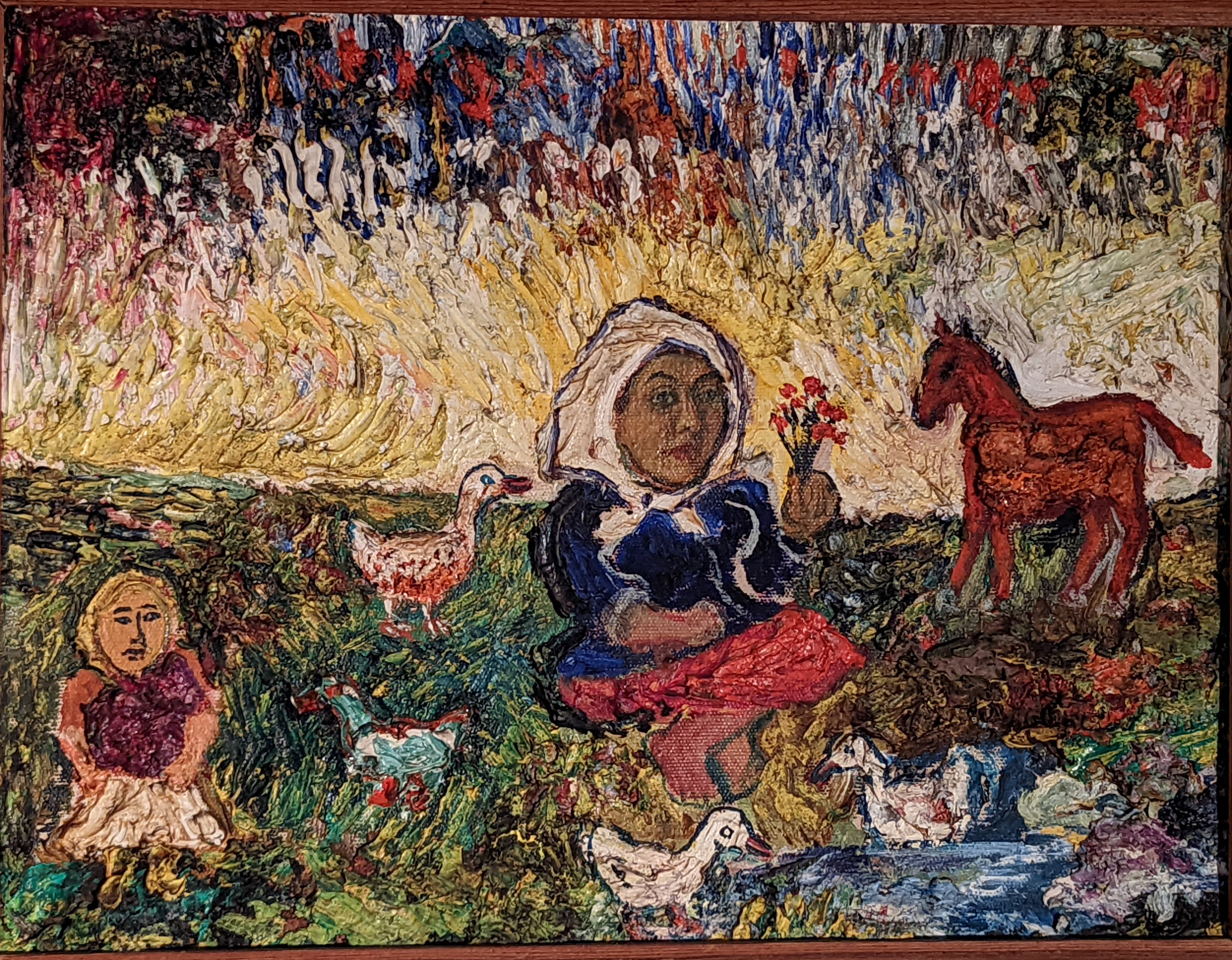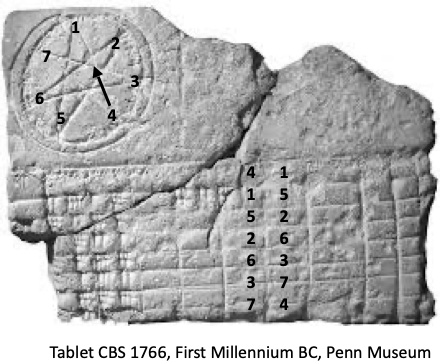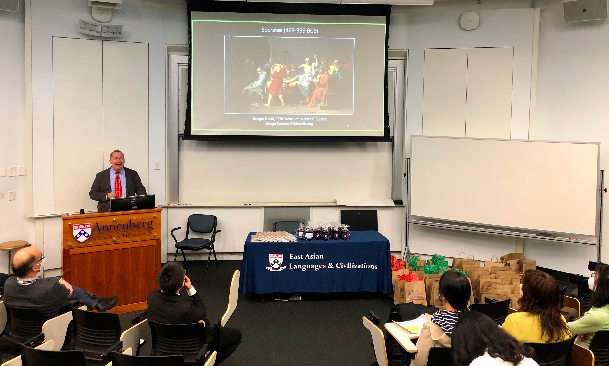Praise for clinical applications of linguistic analysis
From the abstract of Sunghye Cho et al., "Lexical and Acoustic Speech Features Relating to Alzheimer Disease Pathology", published in Neurology on 4/29/2022:
Background and Objectives: We compared digital speech and language features of patients with amnestic Alzheimer’s disease (aAD) or logopenic variant primary progressive aphasia (lvPPA) in a biologically confirmed cohort and related these features to neuropsychiatric test scores and CSF analyses.
[…]
Discussion: Our measures captured language and speech differences between the two phenotypes that traditional language-based clinical assessments failed to identify.
From an editorial by Federica Agosta and Massimo Felippi, "Natural Speech Analysis: A Window Into Alzheimer Disease Phenotypes", published in Neurology on 5/4/2022:
Compared to a standard language assessment, the automated analysis of natural speech is more complex and requires a larger amount of time to be post-processed. On the other hand, as is well demonstrated by this study, analysis of natural speech provides information at several levels of language production. Even though data are extracted from only one recorded minute of speech, the tool is able to detect subtle differences among groups, reflecting the patient’s daily experience in a more realistic way than the standard speech and language assessment. Its use has already produced important achievements in distinguishing different language phenotypes. Furthermore, differently from other studies, the work of Cho et al proposed an automated and reproducible method that highly reduces the time of speech analysis and increases the inter-rater reliability.
Read the rest of this entry »


 Calendars, old and new, are based on astronomical cycles: the yearly cycle of the sun; the monthly cycle of the moon. But there is one unit of time that doesn’t adhere to any celestial rhythm: the seven-day week.
Calendars, old and new, are based on astronomical cycles: the yearly cycle of the sun; the monthly cycle of the moon. But there is one unit of time that doesn’t adhere to any celestial rhythm: the seven-day week.
